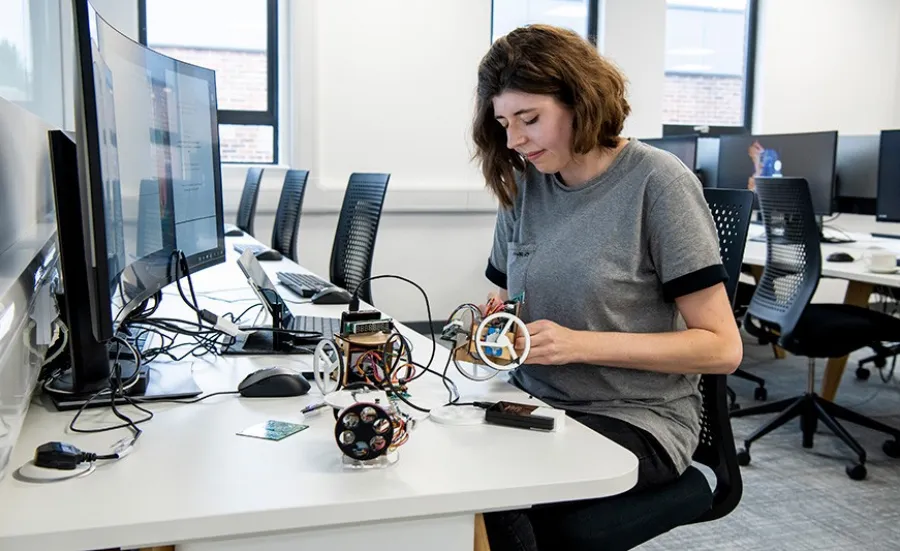Current research degree projects

Explore our current postgraduate research degree and PhD opportunities.

Explore our current postgraduate research degree and PhD opportunities.

Injecting air beneath a ship’s hull offers significant drag reduction and fuel savings, but current systems perform best on flat geometries. This project addresses the open question of how hull curvature influences air-layer dynamics and stability. This is a crucial step toward extending air lubrication to a wider range of vessel designs and realistic flow conditions.
This project investigates the failure mechanics of next-generation thermal barrier coatings produced by suspension plasma spray and solution precursor plasma spray, an area where computational modelling remains largely unexplored. It will develop multiphysics models of degradation under extreme thermal and chemical conditions to guide high-performance coating design for aerospace and energy.
This project aims to investigate how quantum technologies can transform MRI based dementia research, laying foundations for novel diagnostics. You'll work at the intersection of quantum engineering, neuroscience, and clinical analysis, and lead an interdisciplinary project with the potential to shape future dementia care and beyond.